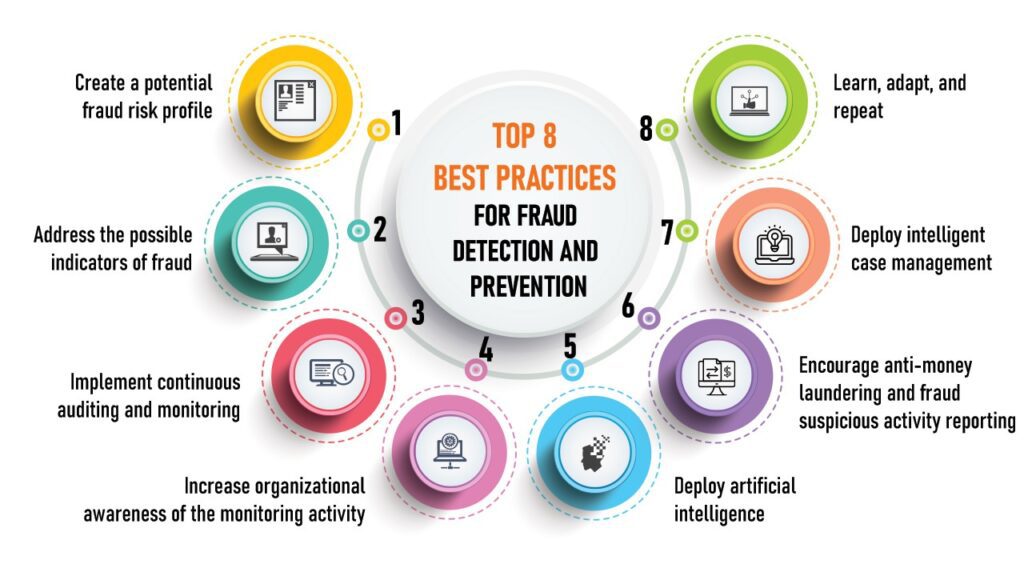The e-commerce sector is buzzing with innovations. Among the most groundbreaking is the integration of Artificial Intelligence (AI) as a Service (SaaS) tools. These tools are not just trendy words thrown around to sound tech-savvy; they are revolutionizing how we understand and interact with e-commerce. Why, you ask? Let’s dive in.
Understanding the AI & E-commerce Nexus
Why is AI a Big Deal in E-commerce?
We live in an era where customization is key. Customers crave personalized experiences, and AI is the magic wand that makes it possible. By analyzing vast amounts of data, AI can predict user behavior, provide personalized recommendations, and automate tasks. Imagine walking into a store where everything is curated just for you. That’s AI for e-commerce.
The Rise of SaaS in E-commerce
Software as a Service (SaaS) is the cherry on top. Instead of purchasing and maintaining expensive software, businesses can now subscribe to services tailored for them. This model offers flexibility, scalability, and, with the power of AI, unmatched efficiency.
Top 10 AI SaaS Tools Boosting E-commerce Sales
Now that we’ve set the stage, let’s delve into the tools that are making waves.
1. Chatbots & Virtual Assistants
Tools like Drift or Intercom use AI chatbots to provide instant customer support and guide shoppers through the buying process.
What they do: Automate customer service, answer queries, and provide product recommendations.
Why they matter: Immediate responses can increase sales and enhance customer satisfaction. Remember the last time you had a query and got an instant answer? Pure gold!

2. Predictive Analytics Tools
Platforms like Dynamic Yield and Barilliance employ AI to analyze customer behavior and offer personalized product recommendations, increasing cross-selling and upselling opportunities.
What they do: Analyze customer data to predict future behaviors and trends.
Why they matter: It’s like having a crystal ball that tells you what your customers want even before they know it.

3. Personalization Engines
Repricer tools like Wiser or Informed.co use AI algorithms to adjust product prices dynamically, ensuring competitive pricing and maximum profitability.
What they do: Offer personalized product recommendations based on user behavior.
Why they matter: Who doesn’t like a personal shopper suggesting the best picks?

4. Visual Recognition Tools
AI-powered visual search engines like Slyce or Pinterest Lens allow customers to search for products by uploading images, making it easier to find what they want.
What they do: Enable image-based searches and product tagging.
Why they matter: Sometimes words fall short. A picture is worth a thousand words, right?

5. AI-Driven Inventory Management
AI-driven inventory management systems like Llamasoft or Lokad optimize stock levels, reducing overstock and stockouts.
What they do: Predict stock demand, and optimize inventory levels.
Why they matter: Overstocking or understocking? Neither! Just the right amount is the mantra.

6. Dynamic Pricing Tools
Using a set of rules and criteria, a dynamic pricing tool is a strong solution that proposes prices for your products. Establish your product’s specifications and raise prices to be more competitive.
What they do: Adjust prices in real-time based on demand, competition, and other factors.
Why they matter: Have you ever noticed how flight prices change? Imagine that for every product!

7. Customer Insights Platforms
Customer analytics tools such as Bluecore and Custora leverage AI to gain insights into customer behavior, helping businesses create more targeted marketing campaigns.
What they do: Offer deep insights into customer behaviors and preferences.
Why they matter: Knowledge is power. Knowing your customer? That’s a superpower!

8. Voice Search Optimization
Some SEO professionals claim that voice SEO is necessary for websites to properly appear in search results for voice assistant searches.
What they do: Optimize your e-commerce platform for voice searches.
Why they matter: “Hey Siri, find me the best AI tools for e-commerce.” Enough said.

9. Retargeting Solutions
Tools like Olapic and Curalate allow businesses to gather user-generated content and use AI to make it shoppable, increasing user engagement and conversions.
What they do: Target users who’ve shown interest in products but have yet to make a purchase.
Why they matter: A gentle nudge can sometimes make all the difference.


10. Fraud Detection Systems
AI-based fraud detection solutions like Sift and Signifyd help e-commerce businesses identify and prevent fraudulent transactions, reducing chargebacks and losses.
What they do: Detect and prevent fraudulent transactions.
Why they matter: Safe customers are happy customers.

In Conclusion,
Remember that the effectiveness of these tools may vary depending on your specific e-commerce business and goals. It’s essential to assess your unique needs and choose the tools that align best with your objectives and customer base. Additionally, consider integrating AI tools that can work seamlessly with your existing e-commerce platforms and systems for a more streamlined operation.

